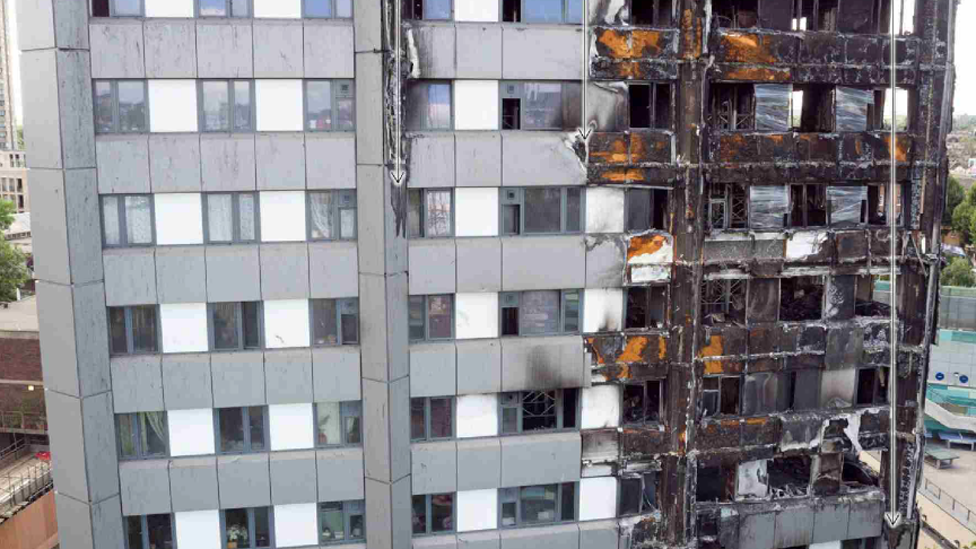Grenfell Tower: Global roots of fire victims
- Published
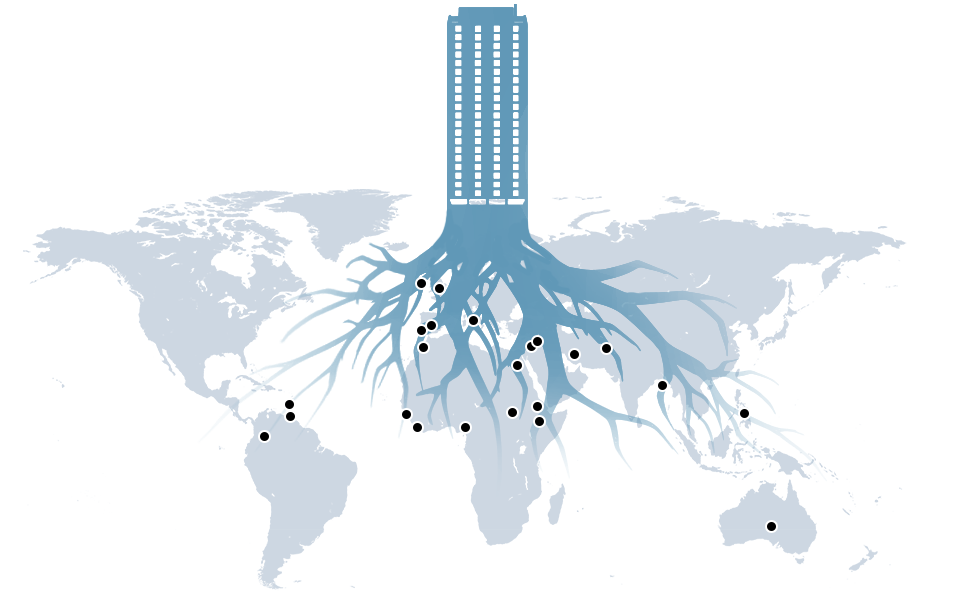
"Uncle's house is on fire, pray for him!"
On the other end of the phone, in a small village in North Eastern Bangladesh, Kamru Miah's eldest son Suzon can do little else.
Powerless to help and 5,000 miles away, he gets to his knees. A short time later, he would be praying for his father's soul.
The tower block fire in west London on 14 June, 2017, left 72 people dead and destroyed the lives of hundreds of others.
As the flames from a small fridge fire on the fourth floor grew into the UK's worst fire since the wartime Blitz, the effects began to be felt around the world.
It soon became clear that this was no ordinary fire; not least because the tower's diverse community meant that Grenfell was, and still is, an international disaster.
Many of the building's residents had loved ones around the globe. There were families who perished with links to Afghanistan, Australia, Bangladesh, Colombia, Dominica, Egypt, Eritrea, Ethiopia, The Gambia, Italy, Iran, Ireland, Lebanon, Morocco, Nigeria, Philippines, Portugal, Sierra Leone, Spain, Sudan, Syria and Trinidad.
We have been to meet some of those left behind.
Kamru Miah - Bangladesh
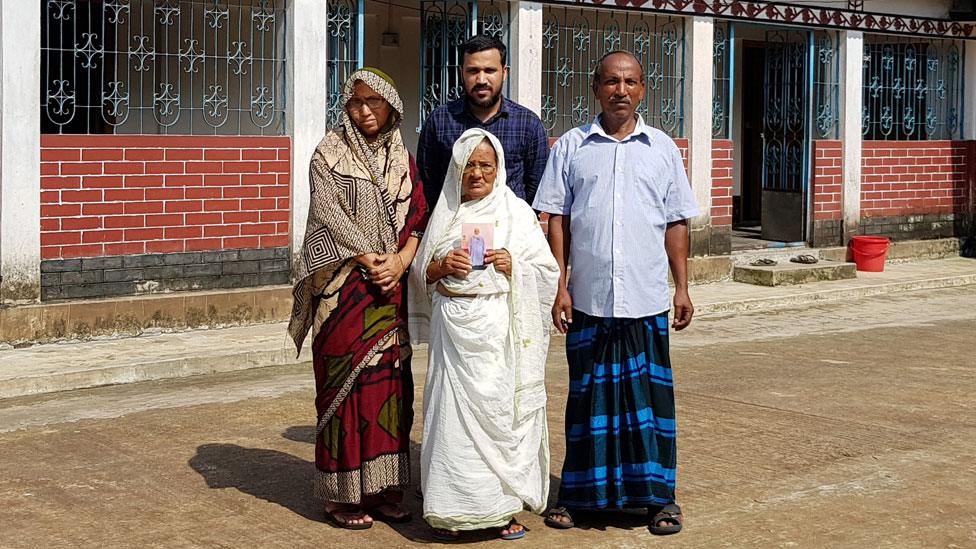
Kamru Miah was 79 years old. He moved to the UK from Bangladesh in 1963, aged 26, and worked his way up from his first job as a baker's assistant to eventually becoming a talented chef.
Kamru died after becoming trapped in his home on the 17th floor of Grenfell Tower - along with his second wife Rabeya Begum, his sons Mohammed Hamid and Mohammed Hanif and his daughter Husna "Tanima" Begum.

His eldest son in London, Mohammed Hakim, had moved out of the family home.
As the harrowing details of the family's last desperate phone calls from the burning block began to emerge - a telephone would also ring almost 5,000 miles away in the remote Bangladeshi village of Khoilshaura.
Grieving relatives in Bangladesh of Kamru Miah who died in Grenfell
Kamru Miah's first wife Jolika Bibi was at home with her son Suzon. Suzon had just returned from a mosque nearby and was heading to bed when he answered a call from his cousin in London, Abdul Rahim.
"Uncle's house is on fire, pray for him!" he told him.
A short time later, that phone would ring again, this time with devastating news.
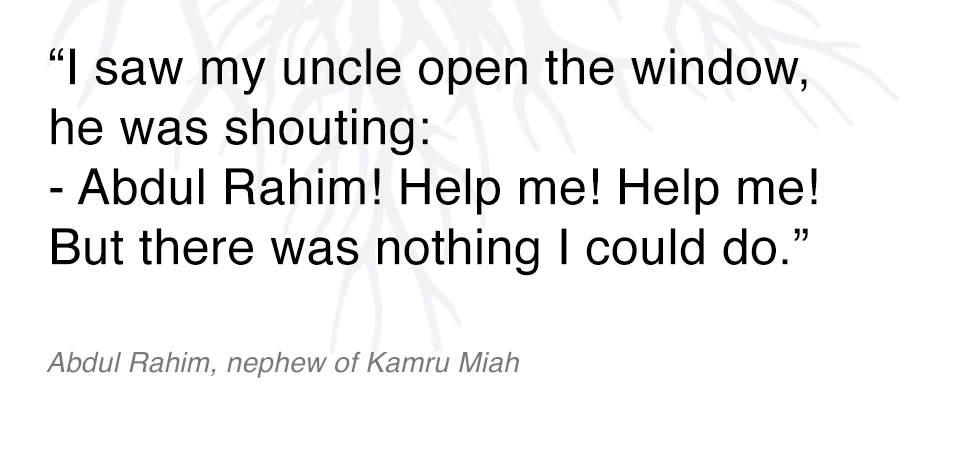
"Just pray for your father now, there is no hope," he told him.
Suzon said his cousin also described how his stepsister had called from the bathroom, fully aware of her fate, asking for prayers.
She was trapped with her mother. She told her loved ones: "This is our voice, we will not speak again."
All hope was lost.
Since Kamru's death, his wife Jolika's health has deteriorated. She says that as well as the trauma of losing him, there are huge practical repercussions for the family.
"He used to send money for me, now I'm helpless. I'm an old woman, I need medicine, my son buys it for me but I know it is becoming a burden for him.
"Kamru promised me we'd go to the Hajj Pilgrimage together, but it won't happen now."
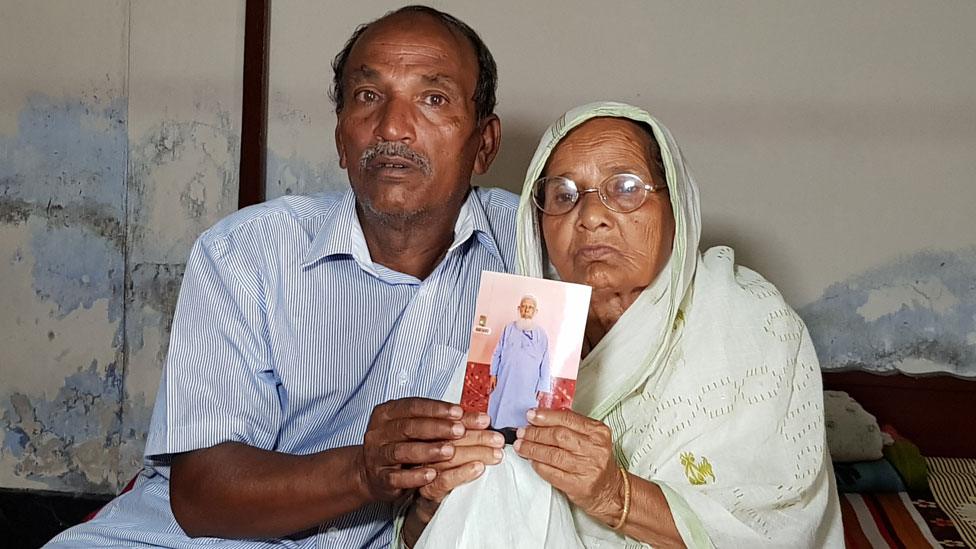
Suzon and his mother in Bangladesh
Kamru's elder daughter Mina lives near the family home with her husband.
She and her father Kamru had a special relationship. She wept uncontrollably as she remembered the man who was her hero.
"I was my father's favourite. I was his world. He fed me with his own hand when he came to Bangladesh last time. It won't ever happen again.
"We took some pictures together the last time he was with us. But I never thought it was our last meeting. If I'd known I would have tried to capture every footstep he took."
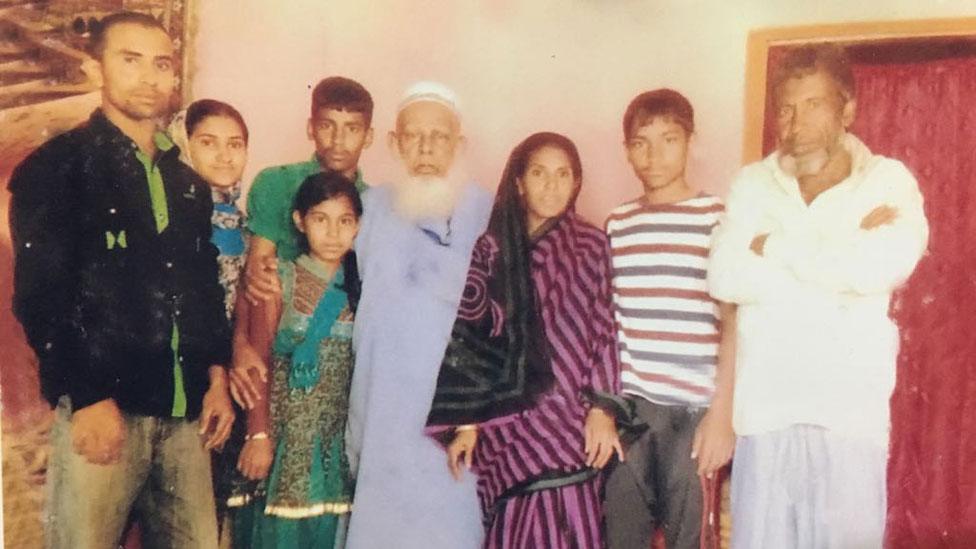
For Kamru's eldest son, the burden of suddenly being the main breadwinner for his mother and his family weighs heavy.
"My father used to visit Bangladesh every other year. He always brought clothes for us and chocolate for his grandchild.
"He always sent money to us, without this we would never have built this house."
Suzon says he is now barely surviving with what little he makes from his farm but the biggest hardship he is facing, is not being able to say goodbye to his beloved father.
"I desperately want to see my father's grave, and the place where he died. This may bring peace to my mind. Now that it's the first anniversary we have organised a prayer ceremony at our mosque, we will feed the poor."
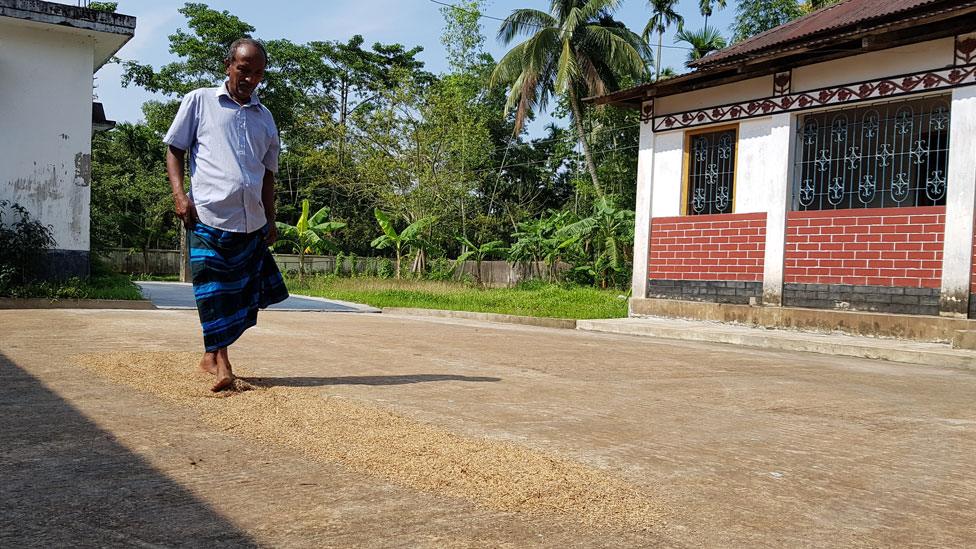

Rania Ibrahim - Egypt
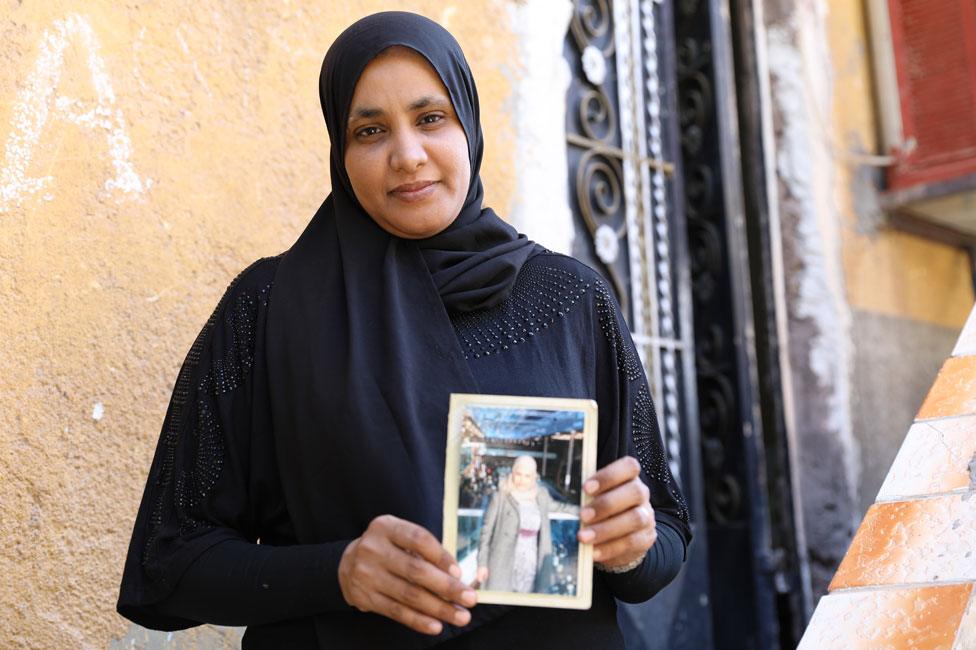
At 01:40 on 14 June 2017, Rania Ibrahim looks out of her 23rd-storey flat and streams what she sees live on Facebook. It is the only footage that has emerged from inside Grenfell Tower that night.
A group of people gathered in her home. Within hours, they will all be dead.
Amongst them, Rania's young daughters Fathia, five, and Hania, aged three.
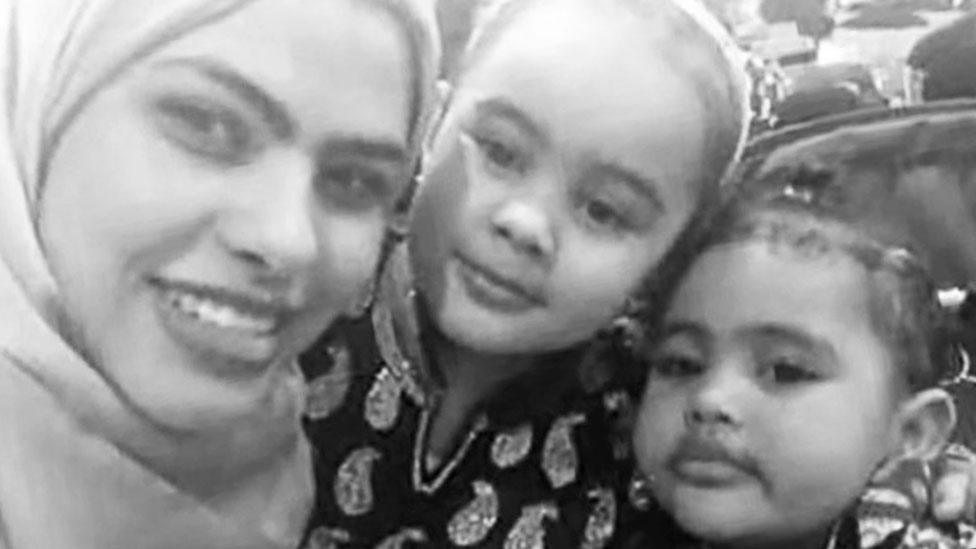
As Rania broadcast her last moments to the world, watching the news in horror in southern Egypt was her sister Randa.
"I couldn't believe it when I first saw the Grenfell Tower fire. It was a massive shock for me. The scene was horrific. I broke down in tears and began screaming hysterically as soon as I saw it."
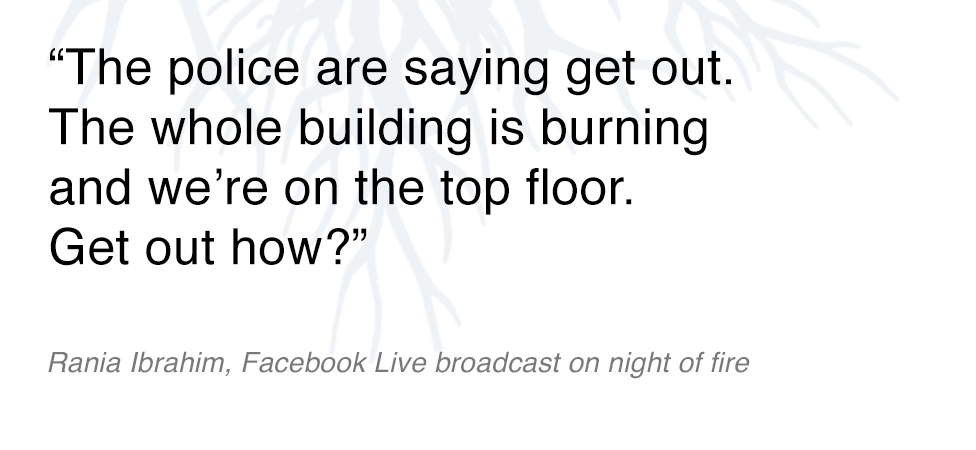
"I know that my sister was living on the top floor. My brother told me Rania was on the phone with him until she said that the fire had reached her apartment - and those were her last words.
Rania was 30 years old and had been in the UK since 2009.
Her husband Hassan Awad was in Cairo at the time of the fire. He lost his everything, his wife, his daughters and his home.
Randa says losing Rania has left a huge void in all their lives.
"She used to visit us every year. The whole family used to gather whenever Rania was here. She was very generous and every time she came she brought us all presents.
"She was full of life and used to laugh all the time. She was so adorable. Rania was so kind and loveable. She was beautiful inside and out."
Randa Ibrahim remembers her sister Rania who died in the Grenfell Tower fire
Rania moved to the UK with her elder sister Saida to study law. For her family in Egypt, the fact that such a catastrophe could happen in London is still difficult to accept.
"She wanted to live. She uploaded a video on Facebook begging for help. Why wasn't she rescued? How would a big country like the UK leave her to die like this? Didn't they have helicopters or any rescue methods to save the residents of the tower?"
The family says it took three months for Rania's remains to be identified. Three months during which the family couldn't help but have hope, where in truth, there was none.
"I know a year has passed now but I still don't believe that Rania is gone. I imagine her calling or coming soon with her usual beautiful smile shouting "I'm back" as she always used to do."
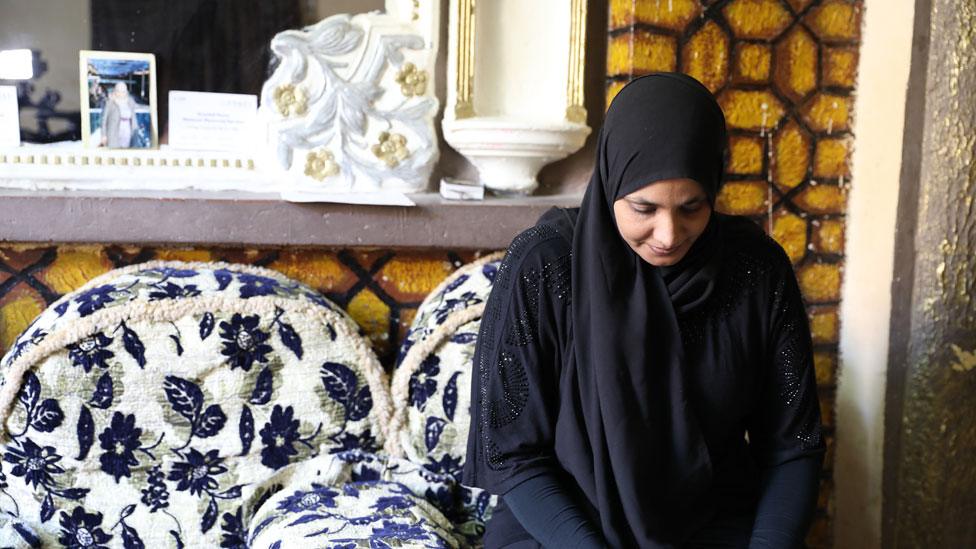

Choukair family - Lebanon
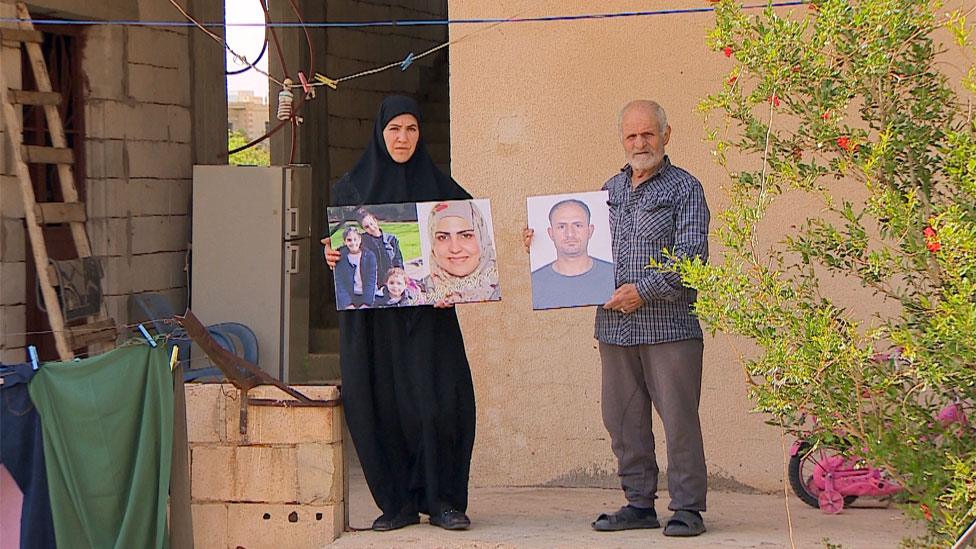
Bassem Choukair was 40 when he died in the fire on the night of the 14 June. His wife Nadia, 33, her mother Sirria, 60, and his three daughters; Mierna, 13, Fatima, 11, and Zainab, three, all died with him.
Three generations of one family lost in a single night.
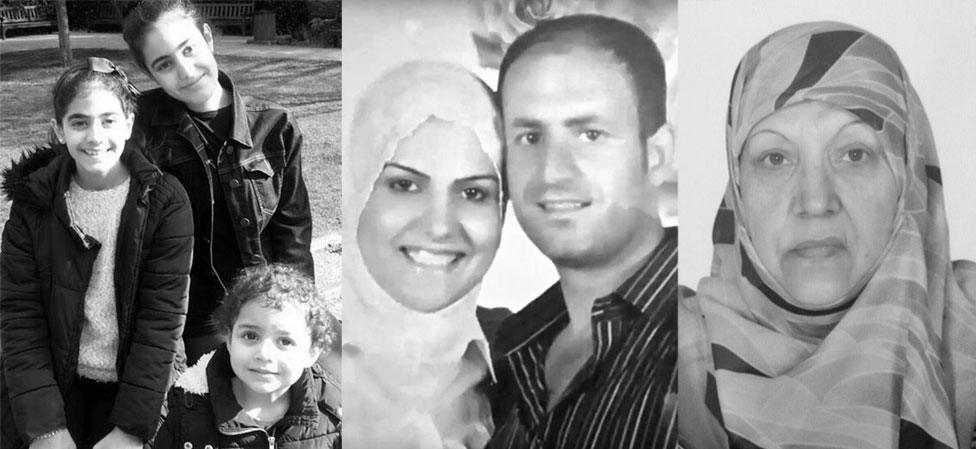
For Bassem's parents in Lebanon, the enormity of their loss is hard to process.
Bassem's father Taan says the pain is unbearable.
"If he had died by God's will, I would say God took him. That's God's will. But burned? Burned? It's forced. He is burned against his will," he said.
Bassem came to England from Lebanon 17 years ago. He married Nadia and his dream was to give his girls a good start in life.
Speaking at the family home, his mother Bader speaks of her utter sense of loss and grief.
"My son was the sweetest young man in the world, the sweetest young man in the world. He was kind to us. He was the best. He would visit us every summer to check on us and see what we need. He was the best.
"He used to love my cooking 'Mum, cook me this and cook me that. I'd say "Always for you my son" but now he's gone."
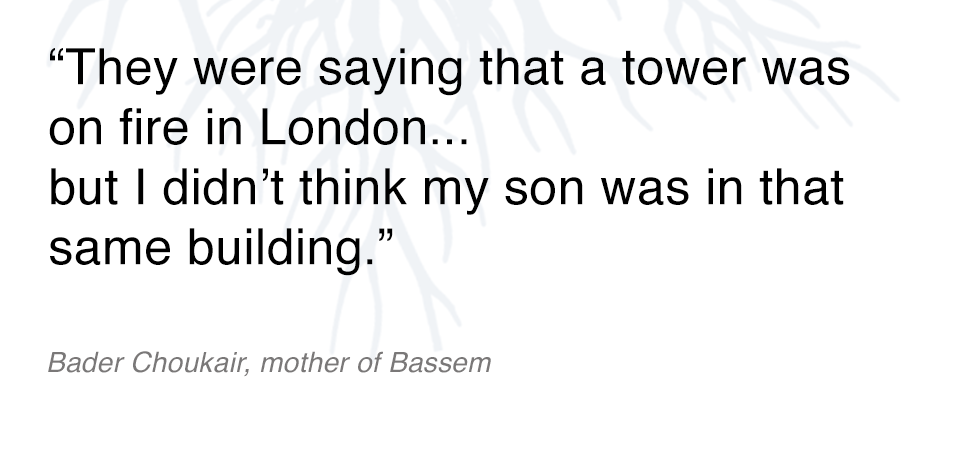
As the inferno griped the tower, Bader was watching, with no idea that her son and his family were inside.
"We didn't know. I woke up in the morning. I turned on the TV to watch the news as usual. They were saying that a tower was on fire in London, and it was obvious how the fire was burning, but I didn't think that my son was in that same building.
"It was two hours later that I was told that my son was living there. And I lost my mind."
Grieving parents in Lebanon of Bassem Choukair who died in Grenfell
Bassem's sister and her husband also live in London. They spent four days searching for the family, checking hospitals, refusing to give up hope. Bader was in touch with them throughout.
"My son-in-law knew they had died, that they were gone, but he'd say, "No, I don't want anybody to say they're dead." He'd get upset at anyone telling him may they rest in peace.
"He'd say, "No, they're still alive." He kept hoping till the end that they're alive. But there was no hope. They were gone."
For Bassem's father Taan, the shock of losing his son is still with him, along with an overwhelming sense of helplessness.
"I keep remembering him. Every time I pray, I remember him. I think of him and I start crying. What can I do? I swear, if I could die instead of him, I would die."
The family's remains were brought home to Lebanon to be buried nearby. Bader says she visits them and prays for them every Friday.
"I sit near the grave, I cry and scream, and no one answers me… everything has changed. There's no point to life anymore at all. No day passes without me crying and remembering him.
"I stayed in touch with him over WhatsApp. Every night, every night, every night, I would talk with him. Now there's no-one left to talk to me."
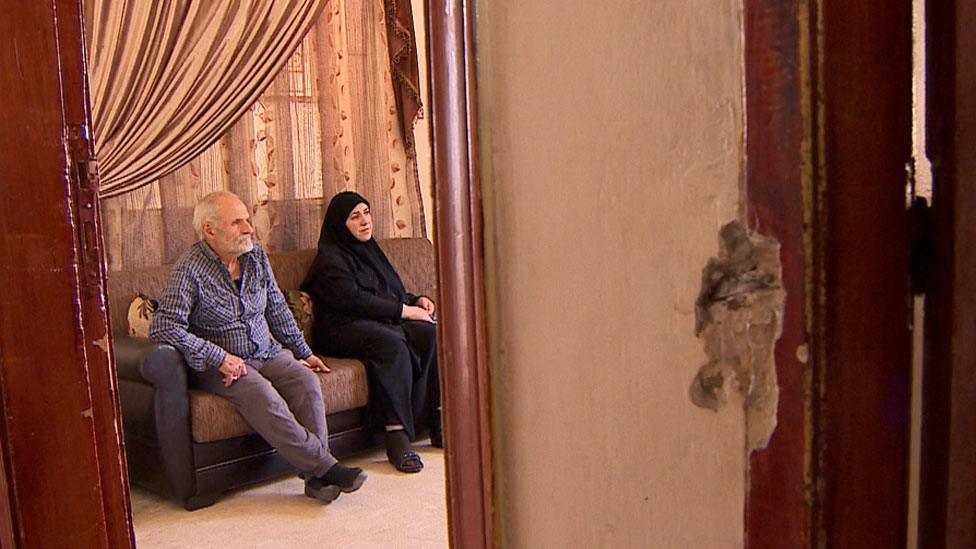

Producers: Efrem Gebreab and Louise Adamou
Video producers: Muhammad Shahnewaj, Joya Berbery, Alain Alkhoury, Sarah Magdy, Sherif Foley, Sameh Maher
Graphic designer: Gerry Fletcher
Online production: Dominic Bailey
- Published8 June 2018
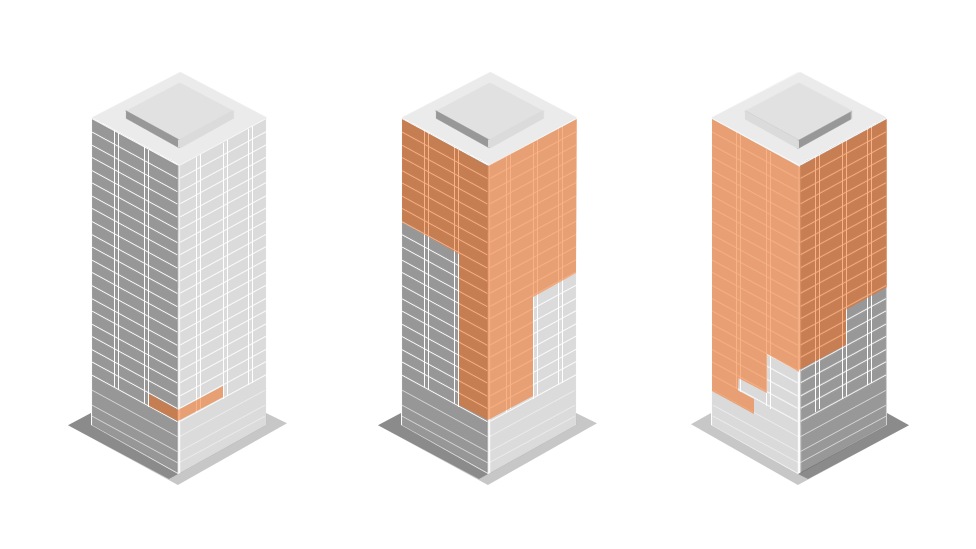
- Published29 October 2019
